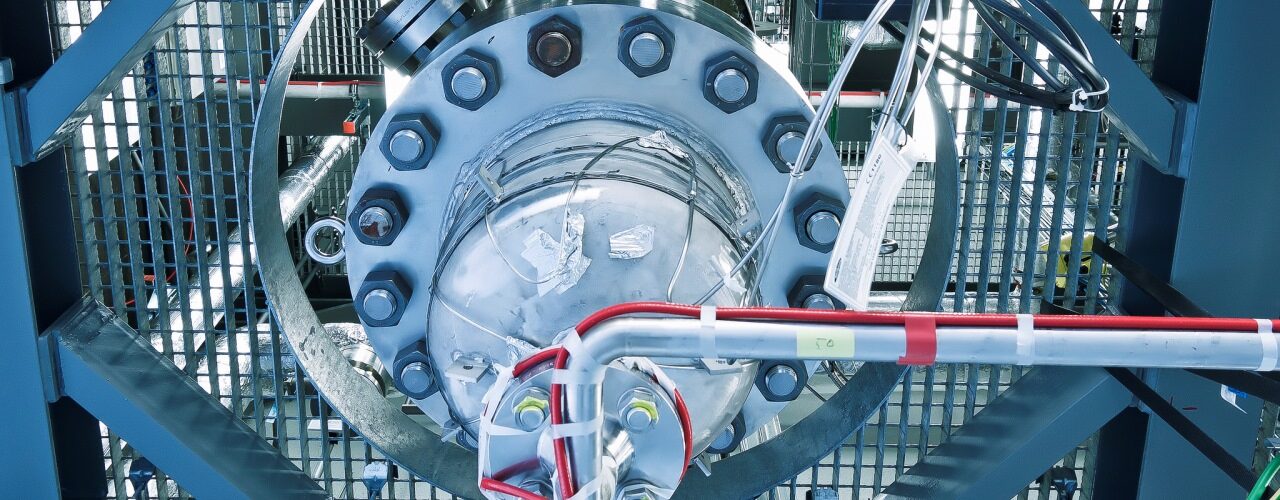A CO2-neutral fuel has been developed by Audi in partnership with Sunfire fuels in Dresden, Germany. The synthetic ‘e-diesel’ was developed in just 4 months by the pioneers in the field of high-temperature fuel cells and reversible electrolysers. The demonstration power-to-liquid rig uses electricity produced from renewables to separate oxygen from water through a process known as reversible electrolysis.

The resultant hydrogen is then mixed with carbon monoxide, which is created from carbon dioxide (CO2) that’s been harvested from the atmosphere. The two react at high temperatures and under pressure, resulting in the production of the long-chain hydrocarbon compounds that make up a ‘blue crude’ that is further processed to create the fuel.
The factory currently only produces 160 litres per day. However, German Minister of Education and Research Johanna Wanka attests its potential, using the ‘e-diesel’ in her own Audi A8. The ‘e-diesel’ can be used on its own or mixed with conventional diesel to yield a 70% more efficient combustion rate and does not contain any sulphur, making it more environmentally friendly. On behalf of the project partner Audi, an independent laboratory confirmed that these characteristics of the fuel make it superior to the properties of fossil fuel.
“This synthetic diesel, made using CO2, is a huge success for our sustainability research. If we can make widespread use of CO2 as a raw material, we will make a crucial contribution to climate protection and the efficient use of resources, and put the fundamentals of the “green economy” in place,” declared Wanka.
It is intended to be sold at €1-1.50 per litre, competitive with today’s diesel prices. However, this price is dependent on renewable electricity costs. The choice of fuel to run your car on now stretches to hydrogen, compressed natural gas, liquefied petroleum gas, ethanol, electricity, gasoline and diesel.
Image Credit: Sunfire / Flickr











